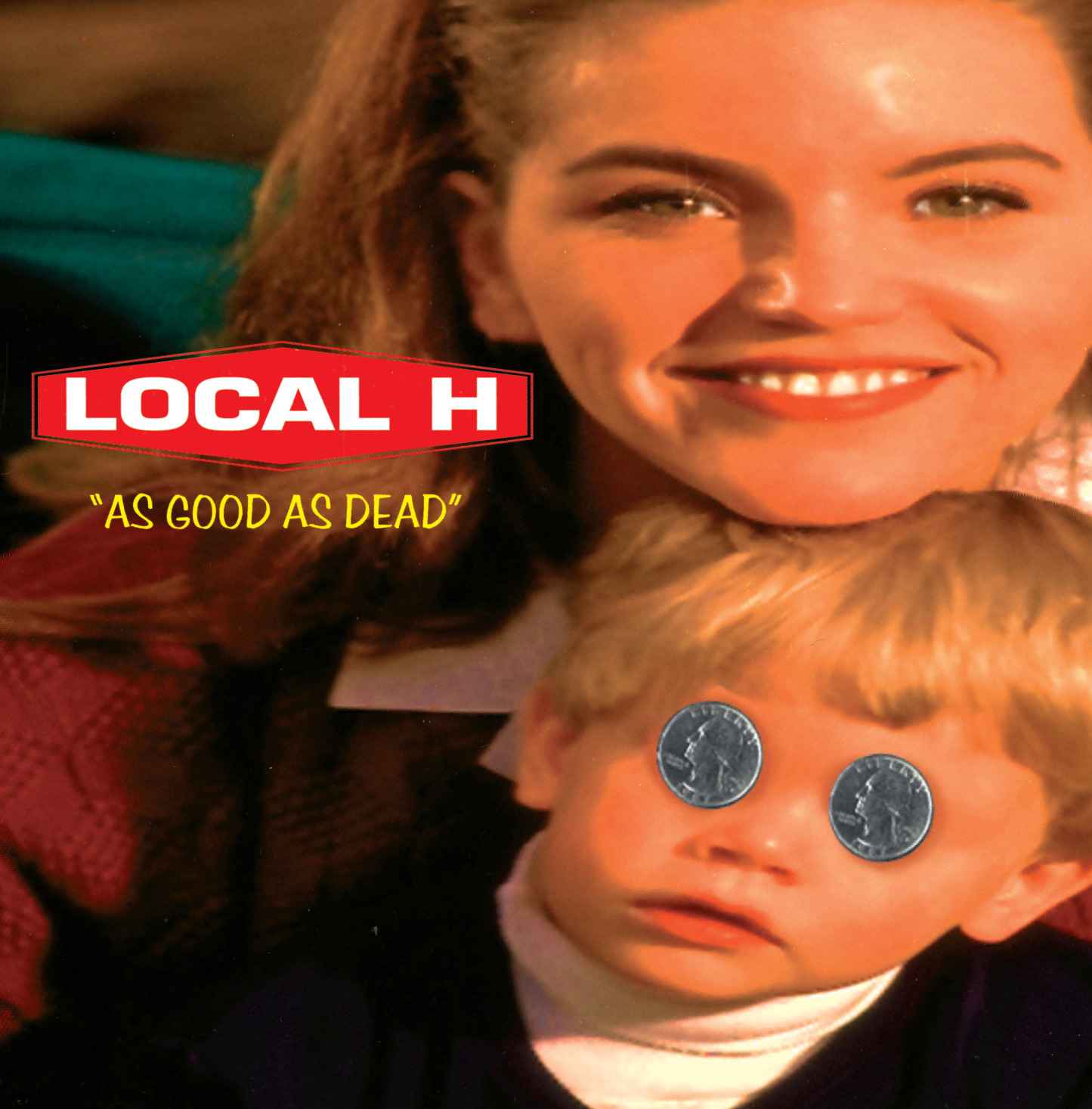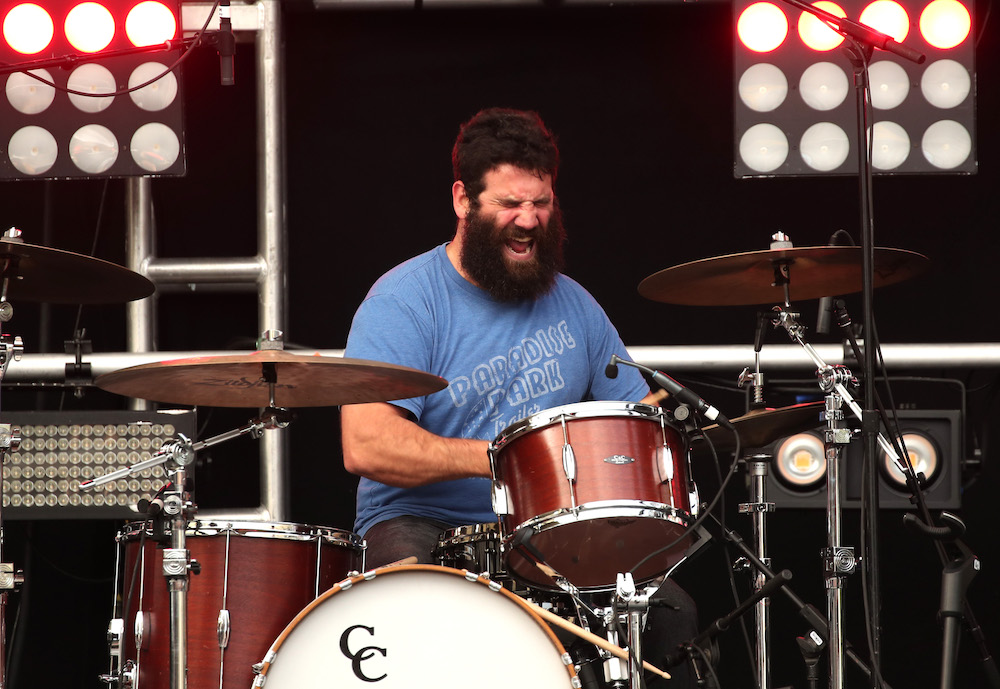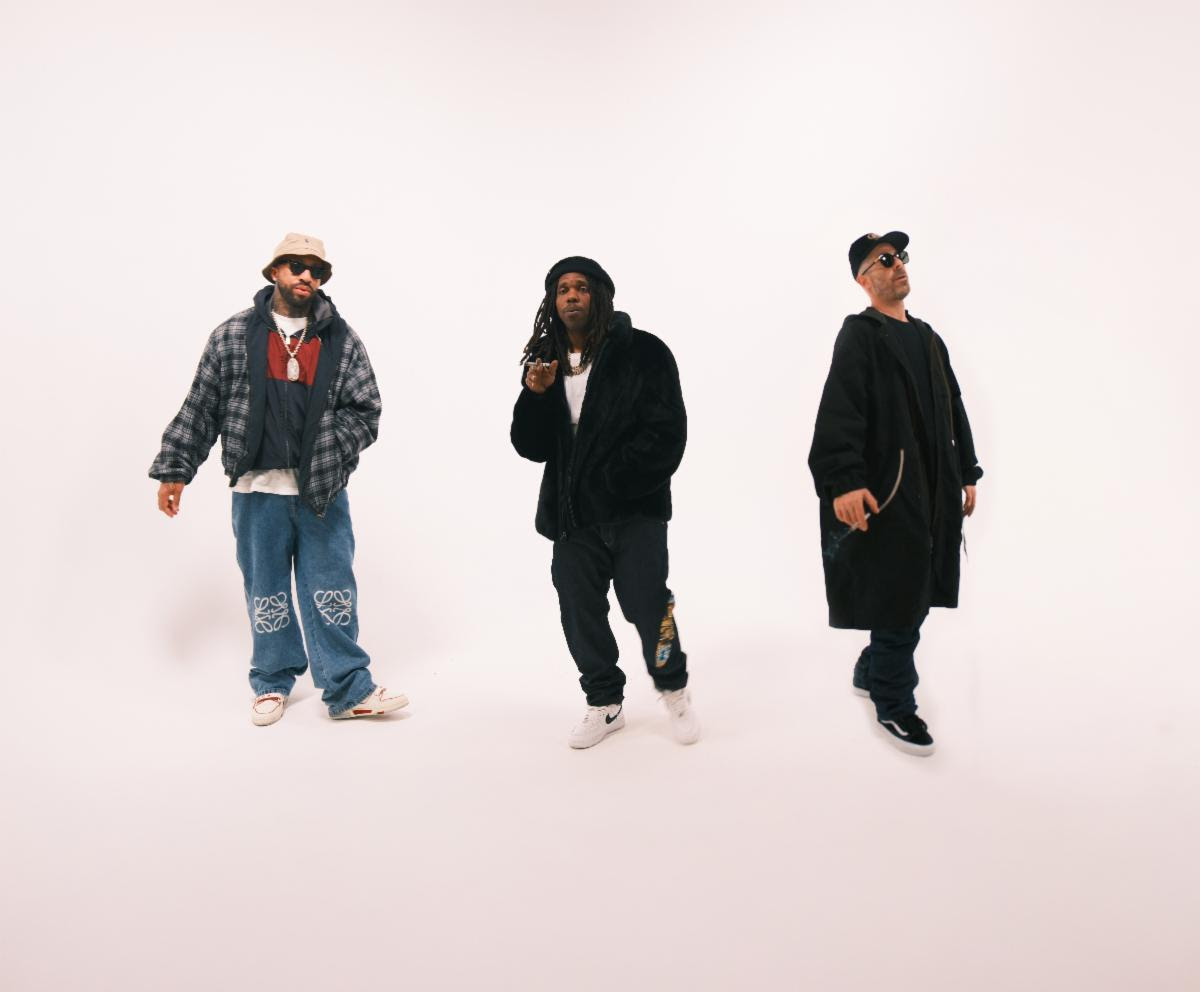Rap Genius Genius continues their quest to annotate the world by inviting Amelia Meath of Sylvan Esso to expound on some of the lyrics of the duo's self-titled debut album. Genius executive editor Sasha Frere-Jones notes that this move opens up Genius "to women artists, genres we haven't covered heavily" -- and considering Meath's folksy roots and feminist topics, he's certainly right!
Meath's comments throughout her annotations are pithy and poetic -- and you can read them in full here -- but a few in particular stood out as exceptionally interesting. She talks about writing the technology- and body-obsessed track "H.S.K.T." and explains that the way it examines sexuality was originally inspired by Miley Cyrus' now-infamous VMA performance:
This was originally written about Miley Cyrus. I wrote it the day that the MTV Music Awards performance aired. I was imagining that she was navigating her sexuality in front of America, experimenting with it. I remember doing the same thing, once I figured out that I had sexual power. All of a sudden you go from being a horrible, clobbering puberty beast, to having breasts and getting attention because people like how you look.
The song started out with those moments of revelation. For someone like Miley, it's "How did I get here? How am I now so ridiculously famous that the only thing I can relate to is my own persona on television, and on Instragram?" The song touches on how people spend so much of their time being reflected back through their online personality. There's that element.
There's also an element of being someone at a party and having a moment. You know when you’re at a rager; you’re kind of drunk, and you go into the bathroom and shut the door. You've been yelling and talking to everyone for two hours then all of a sudden it's quiet. There's a sound seal that forms when you shut the bathroom door. You look at yourself in the mirror and say, "Oh! I’m alive!" You had sort of forgotten that.
The "head, shoulders, knees and toes" is a way of remembering that you're human, just like everyone else. "I've got all of these parts that everyone else has and then moving them all around and seeing what happens."
One of the most popular songs off Sylvan Esso's debut was "Hey Mami," a track that lasers in on cat-calling. But Meath offers an original perspective on the practice, pointing to the ways it can be positive and life-affirming:
Sometimes there would be a pack of old men outside of the building who would look at me and say "Ugh, bless you." It would make me feel like a million dollars. I realized that I didn't think that cat-calling was always a bad thing. It is really wonderful to be acknowledged as a beautiful being. I also like to acknowledge others as beautiful beings in public. It's a kind of communication. People usually just like to decide that I'm saying cat-calling is wrong in this song. And in some places it is wrong, but I like to cat-call people, man. I like to whistle at dudes, or tell women they look lovely. Sometimes it's nice, if you figure out a way of doing it well. I think we should be able to acknowledge each other in public spaces.
Finally, my favorite memory she shared was about the song "Come Down" and taking a bath with her cousins when she was small, and the feeling of someone else washing your hair:
One of my favorite childhood memories is of being in the bath with my two cousins John and Elizabeth. We were four or five. Their father Charlie was washing all of our hair with a big blue ceramic pitcher. When it was my turn to get the soap washed out, he paused and said "There is really nothing better than getting your hair washed by someone. When you are older, you are going to miss this." He was, and is, right.
If that doesn't make you pine away over how life is just the endless slipping away of innocence, then listen to their best song "Coffee" and that'll do the trick.
[Photo by Matt Cowan/Getty Images.]






